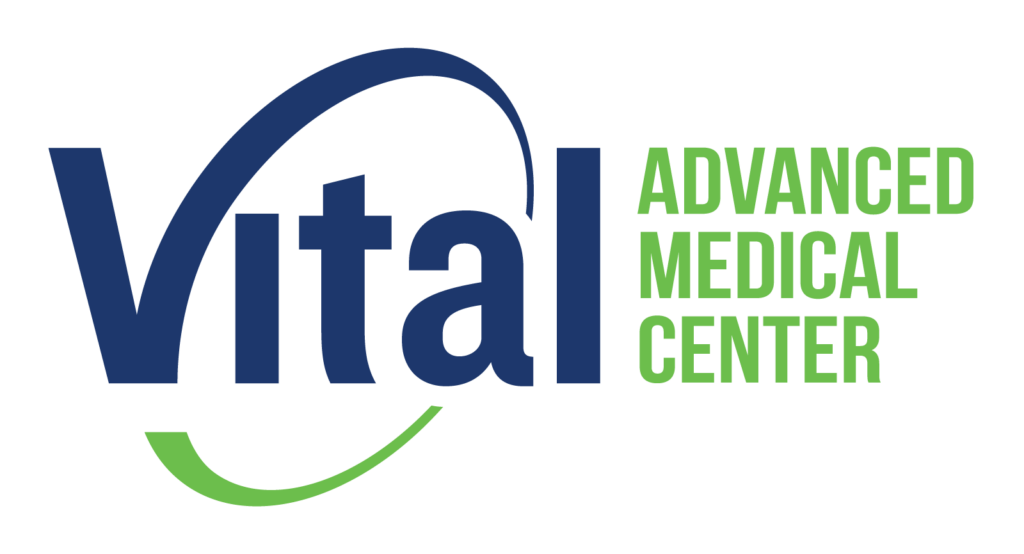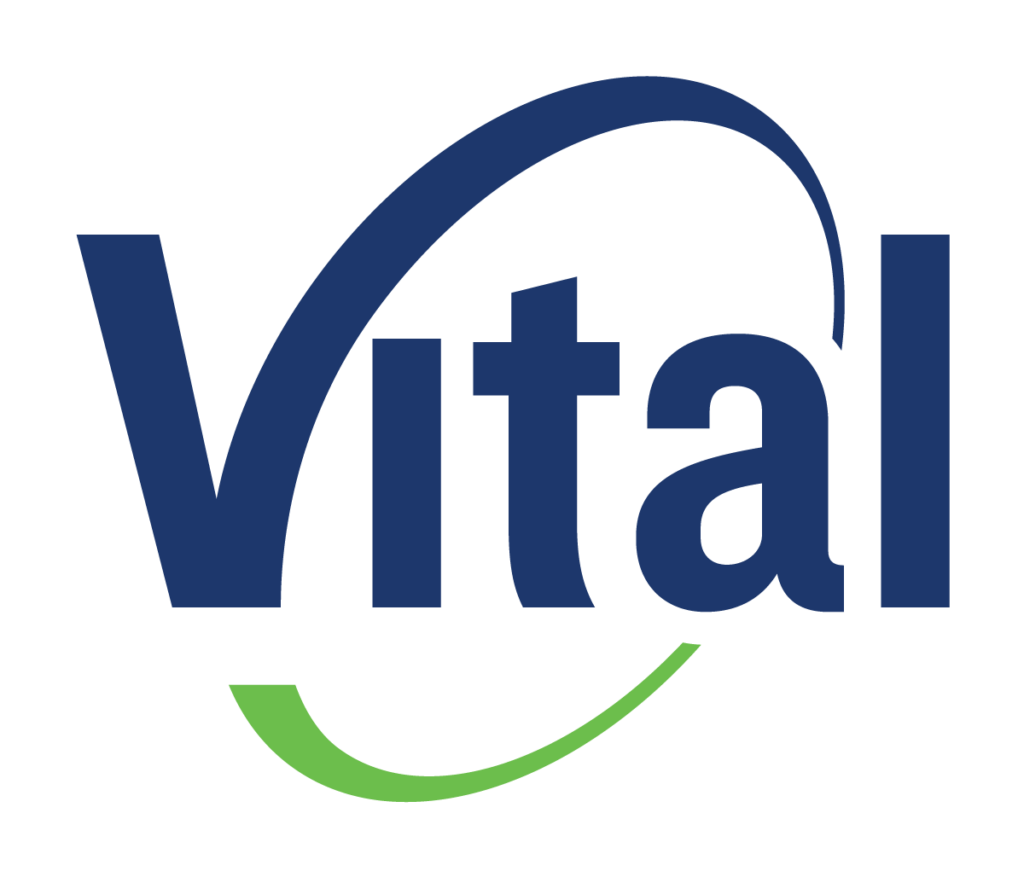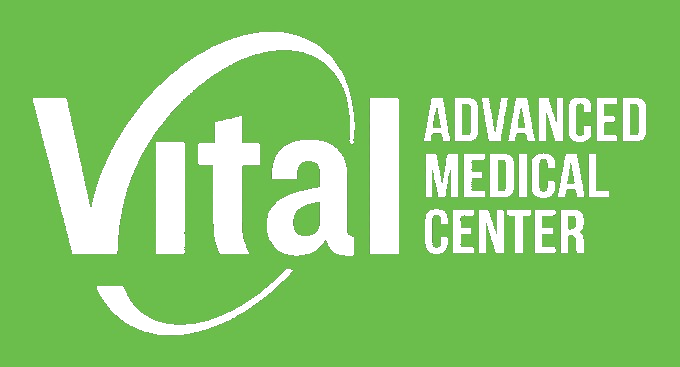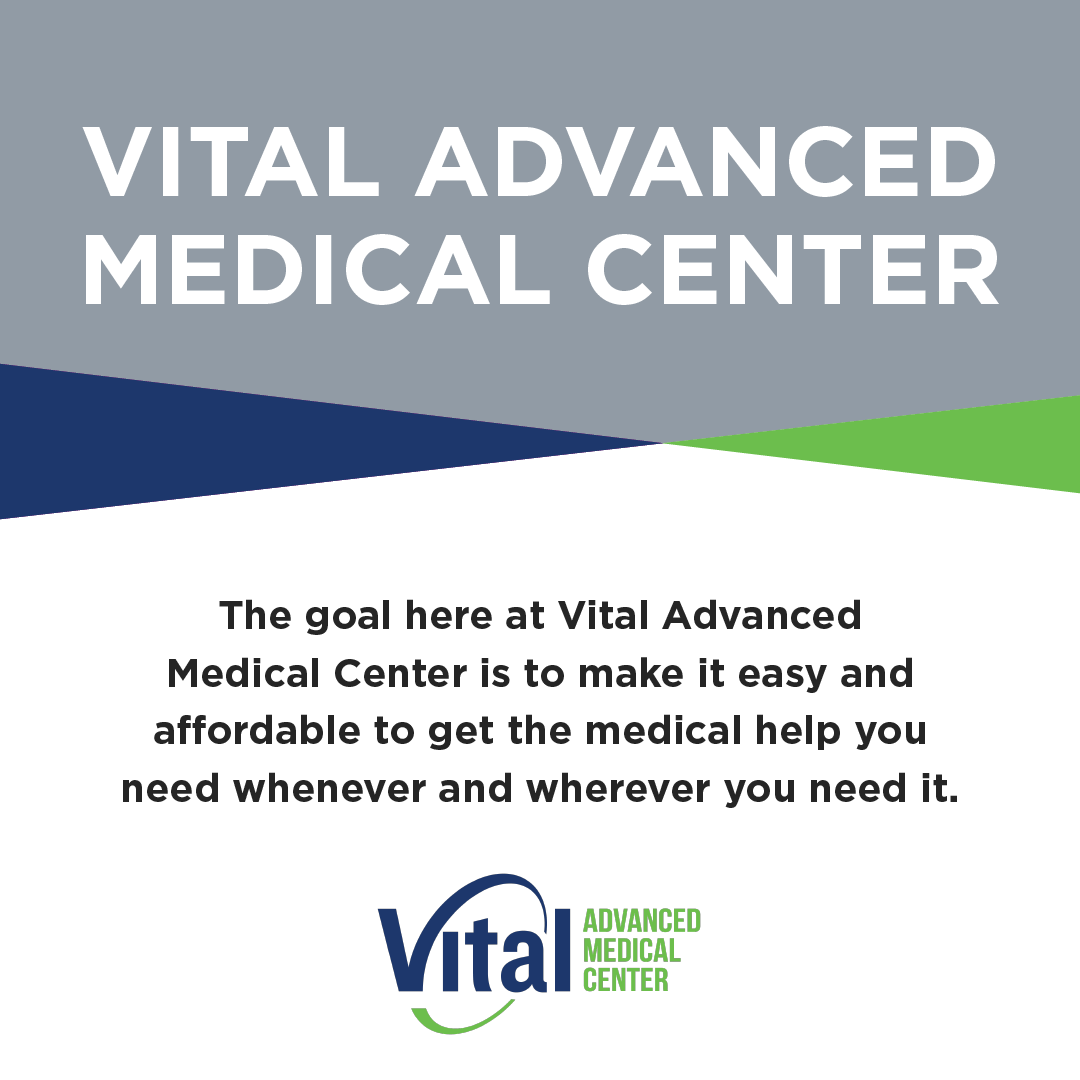
Ready for a more straightforward and personalized healthcare experience? It’s here. Patient Centered Healthcare is now available via Direct Primary Care. Direct Primary Care (DPC) is a healthcare model that allows patients to pay their primary care provider directly, usually through a monthly, quarterly, or annual fee. This model eliminates the need for insurance billing for primary care services and focuses on a more personalized, accessible, and affordable approach to healthcare.
According to the Centers For American Progress, approximately $496 Billion a year is spent on insurance and administrative tasks. This increases costs and reduces the amount of time a doctor can spend with patients.
Vital Advanced Medical Center offers patients Direct Primary Care in Tampa along with other medical services.
What are the key features of Direct Primary Care?
Fees are fixed, as patients pay a set fee directly to the doctor or practice, which covers most or all primary care services, such as office visits, preventive care, and basic medical treatments. The fee is typically lower than traditional insurance premiums. This means that no insurance company is involved. Direct Primary Care (DPC) practices don’t rely on insurance companies for payment, which means they avoid the administrative costs associated with insurance claims and billing. This allows providers to spend more time with each patient.
Since doctors have fewer patients and can focus on providing care rather than administrative tasks, they often offer longer appointment times and easier access to care, including same-day or next-day appointments.
Without the overhead of insurance companies, DPC practices can offer more transparent pricing for tests, procedures, and medications, often at a lower cost than in traditional healthcare settings.
While DPC focuses on primary care, it may include services like health coaching, telemedicine consultations, lab tests, and chronic disease management, depending on the practice.
This model is increasingly popular among patients who prefer individualized care without all the hassle of copays, reliance on insurance companies to approve care and paperwork. For those who don’t need expensive specialty care but want to avoid the complexities of insurance-based healthcare systems, Direct Primary Care is for you.
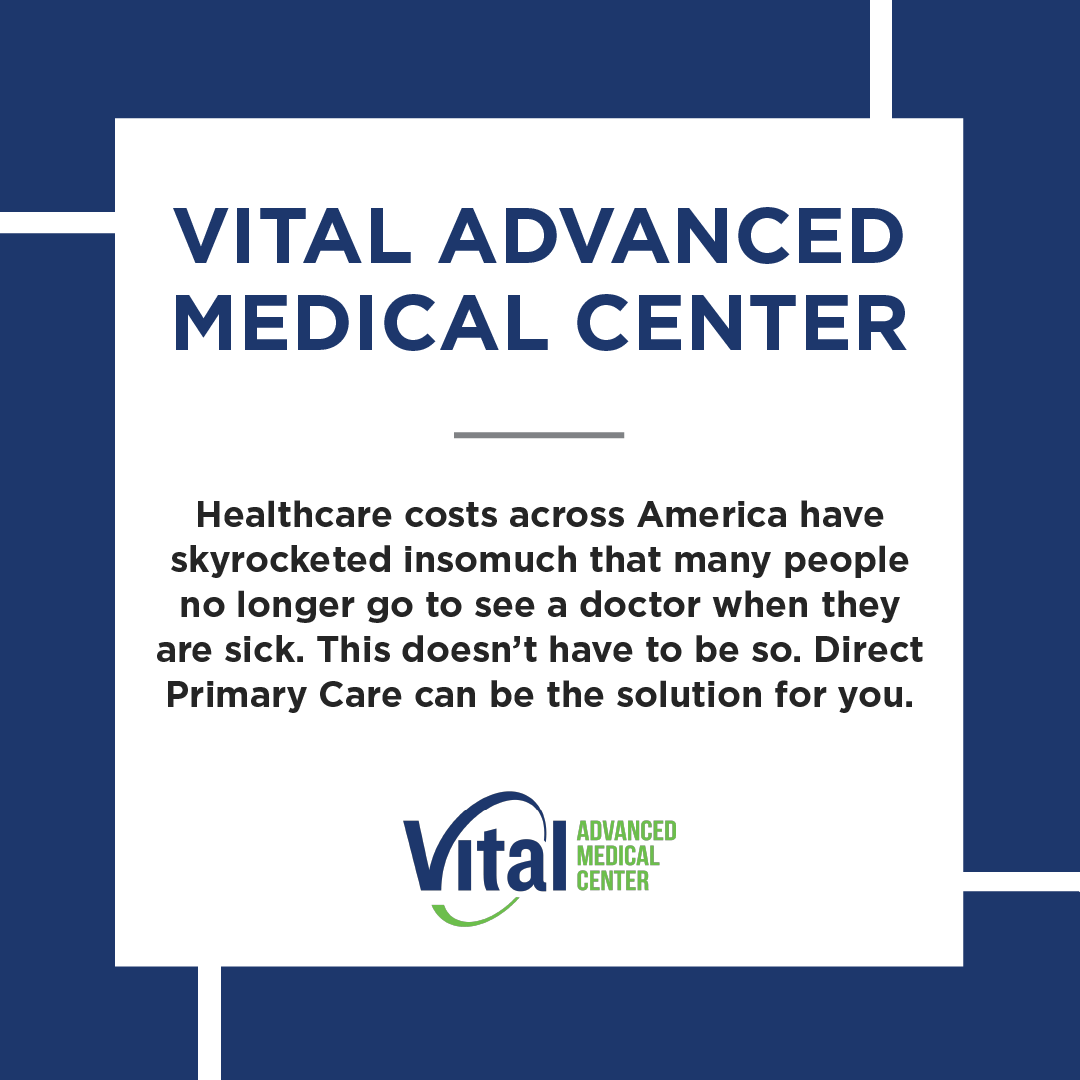
What are the benefits of Patient Centered Healthcare via DPC?
Direct Primary Care (DPC) offers several benefits to both patients and healthcare providers. Patient Centered Healthcare is one of the main benefits of a Direct Primary Care model.
First, there is personalized Care with longer appointments. With fewer patients to care for, doctors can spend more time with each individual, addressing their concerns in-depth and developing more personalized treatment plans. This also allows for continuous and more meaningful interaction with the same provider, leading to better rapport and trust.
Secondly, Direct Primary Care is cost effective with lower fees. The monthly or annual membership fee for DPC is often lower than traditional insurance premiums, and it covers most primary care services. This helps avoid surprise medical bills for visits or basic treatments. Without insurance middlemen, pricing for tests, procedures, and prescriptions is often more transparent and lower, helping patients know exactly what they will pay.
Thirdly, there is increased access to healthcare with faster appointments. DPC practices typically offer same-day or next-day appointments, reducing wait times compared to traditional doctor’s offices. Communication is often 24/7. Many DPC practices offer text messaging, email, or telemedicine consultations, allowing patients to easily reach their doctor outside of regular office hours.
Fourth, there are no hassles with insurance companies. DPC removes the complexities of dealing with insurance claims, co-pays, and deductibles. Patients pay a fixed fee, making the entire process more straightforward. And since DPC practices don’t deal with insurance companies, they can redirect resources toward providing care, instead of dealing with paperwork and billing.
Fifth, with Direct Primary Care there is an emphasis on Preventive Care. There is often a strong focus on preventive measures like wellness checks, vaccinations, and lifestyle management, which can help prevent more serious health issues down the road. With more time per patient, doctors can better manage chronic conditions, ensuring more consistent monitoring and care for patients with long-term health needs.
Sixth, there is continuity of Care. Patients receive care from the same provider over time, ensuring continuity and a deeper understanding of their health history, leading to better diagnosis and management of conditions. Doctors in DPC models are often more proactive in detecting health issues early because they are familiar with the patient and have the time and resources to monitor patients more closely.
DPC practices may have partnerships with specialists, labs, and pharmacies, allowing patients to receive discounts or easier referrals when needed.
Overall, DPC offers a patient-centered, cost-effective, and more accessible alternative to traditional healthcare, making it appealing for individuals who want better access to their doctor and more control over their healthcare experience.
If you are located in the Tampa area and are interested in finding out more about Direct Primary Care in Tampa and whether it can work for you, then schedule a consultation.
